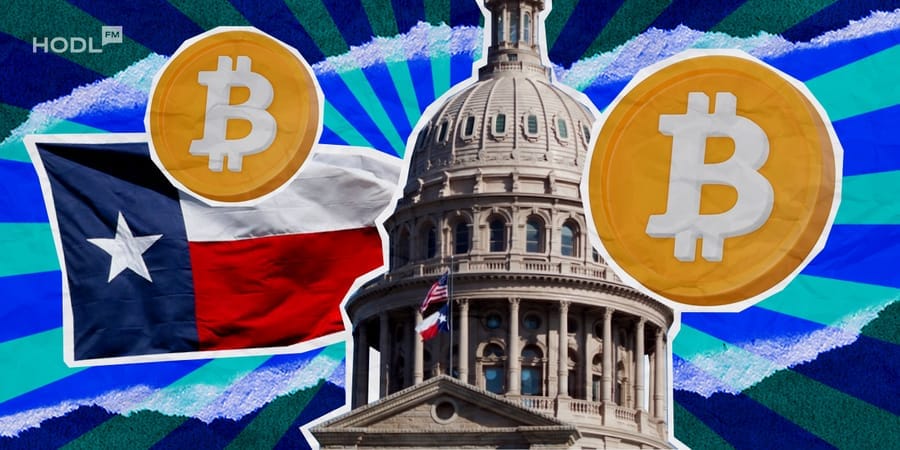The online bank begins hiring blockchain talent as the country prepares for a regulated STO market.
KakaoBank steps into stablecoin development
KakaoBank has moved its long-teased stablecoin project into active development, taking a formal step toward launching a won-pegged digital asset tentatively referred to internally as “Kakao Coin.” According to local reporting, the bank is now building the core blockchain infrastructure that would support issuance, custody and on-chain transactions for the new token.
To do that, the company has opened fresh hiring for blockchain backend engineers, an unusually public recruitment move that signals the bank is committing real resources.
The posted role calls for developers with deep experience in smart contracts and token standards, along with the ability to design new blockchain service architectures, manage cryptographic keys, and build systems for real-time transaction processing.
The company CFO Kwon Tae-hoon said at KakaoBank’s first-half 2025 earnings call on Tuesday that the bank is “reviewing various methods such as issuance and custody related to the digital asset ecosystem.”
Adding
“We plan to engage actively in line with market changes,”
A strategy anchored in earnings calls and group-wide initiatives
Hints of this move first surfaced during KakaoBank’s first-half 2025 earnings call in August, when CFO Kwon Tae-hoon stated that the company saw a clear opportunity in the stablecoin market. Since then, Kakao Group, its parent company, has formed an internal task force and has been holding weekly strategy sessions to coordinate the initiative across the conglomerate’s various business units.
The synergy is notable. Kakao operates one of South Korea’s dominant mobile ecosystems, spanning messaging, payments, fintech and entertainment. A KRW-pegged token integrated into those platforms would encounter little friction in terms of distribution or user adoption.
South Korea sets the stage for STO markets
KakaoBank’s timing aligns with South Korea’s broader regulatory shift toward tokenized finance. In recent weeks, lawmakers advanced amendments to the Electronic Securities Act and the Capital Markets Act, creating a legal foundation for token securities issuance and circulation. The government expects the regulated STO market to open during the first half of 2026, while industry estimates suggest the sector could reach a value of nearly $300 billion by the end of the decade.
This policy backdrop has already reshaped strategic priorities across the banking and tech landscape. President Lee’s pledge to support a KRW-pegged digital currency for domestic and international commerce has added momentum, effectively encouraging major platforms to prepare their own infrastructure before the market formally opens.
Kakao and Naver position for a stablecoin rivalry
KakaoBank’s move comes just as Naver, its long-standing rival in South Korea’s tech sector, revealed its own stablecoin effort. Naver recently launched a pilot wallet service for a Busan-issued KRW stablecoin, developed in partnership with venture firm Hashed and the Busan Digital Asset Exchange.
Naver Financial, meanwhile, is pursuing a merger with Dunamu, the operator of Upbit. the country’s largest crypto exchange, further tightening the competitive field. With KakaoPay and Naver Pay already serving tens of millions of users each month, both companies appear poised to leverage their massive foothold in mobile payments to push mainstream adoption of their respective tokens.
A regulatory foundation still under construction
The push toward stablecoins and tokenized assets comes while Korea’s broader digital-asset framework remains unfinished. The country’s virtual asset tax regime, scheduled for 2027 after multiple delays, still lacks clear rules for taxable events, reporting requirements and how to handle airdrops, staking rewards or income from forks. No joint task force has been formed since the last postponement, and the draft language has not been meaningfully updated.
This uncertainty contrasts with nearby markets, Japan recently formalized a consistent tax model for exchange-listed crypto, yet Korea continues to debate core definitions. Meanwhile, retail participation is at record levels, raising the stakes for regulators.
Authorities have nonetheless expanded enforcement: the National Tax Service has used blockchain analytics to recover significant amounts from delinquent taxpayers, and several municipalities now run their own seizure programs.

Disclaimer: All materials on this site are for informational purposes only. None of the material should be interpreted as investment advice. Please note that despite the nature of much of the material created and hosted on this website, HODL FM is not a financial reference resource and the opinions of authors and other contributors are their own and should not be taken as financial advice. If you require advice of this sort, HODL FM strongly recommends contacting a qualified industry professional.




